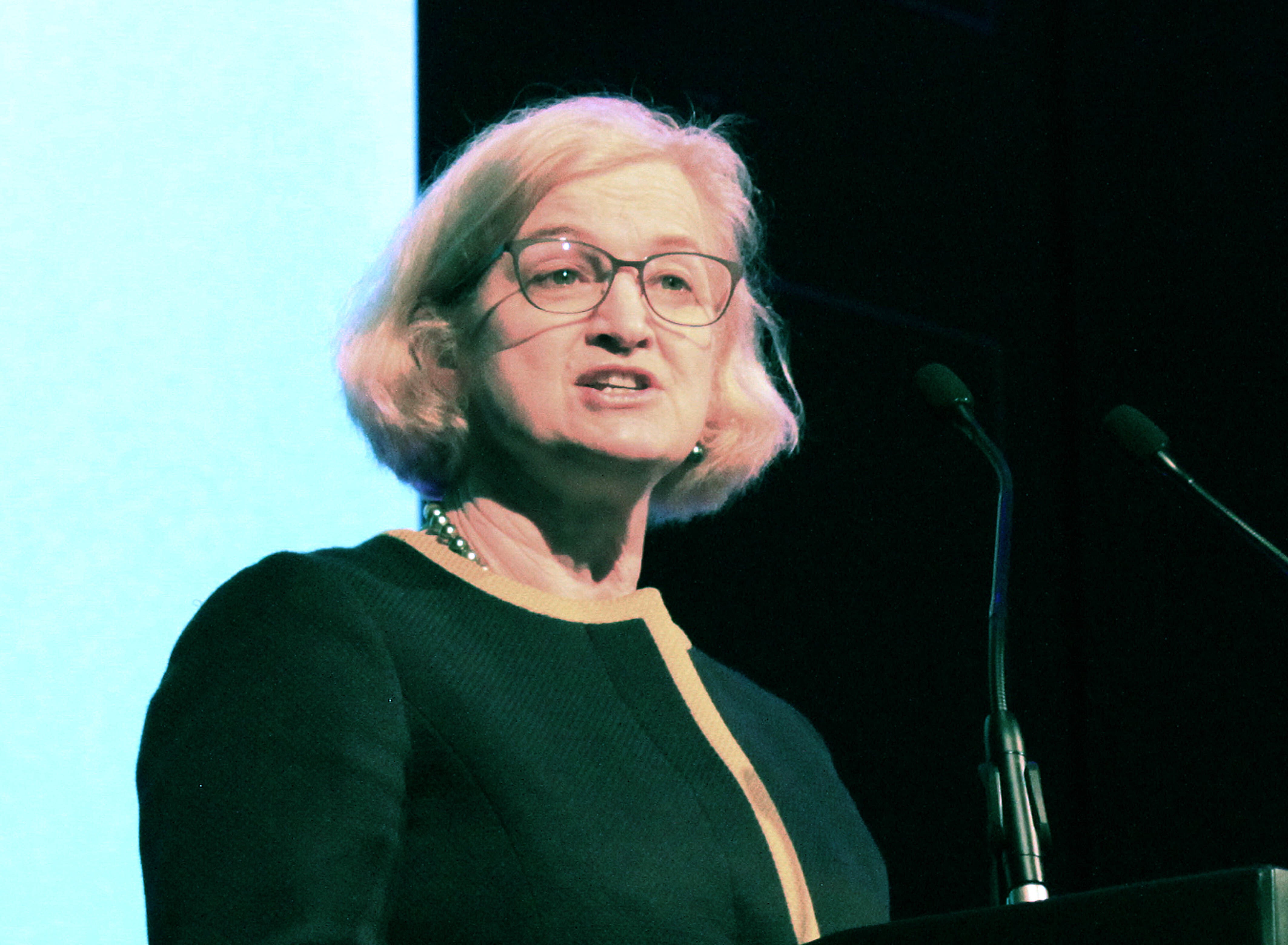‘Closing schools risks putting some pupils in greater danger at home’
Ofsted chief Amanda Spielman warned following the murder of six-year-old Arthur Labinjo-Hughes that some children are safer in school than out of it.

Closing schools again because of coronavirus could risk some children being left in greater danger at home, Ofsted’s chief inspector has warned following the murder of six-year-old Arthur Labinjo-Hughes
Amanda Spielman said there is a minority of children “who sadly are safer in school than out of it”.
Speaking at the launch of Ofsted’s annual report, Ms Spielman described the case of Arthur – who was abused and killed in his own home in Solihull last year – as a “tragedy” and a “callous murder”.
Asked whether she is worried that further school closures could result in other cases like Arthur’s going under the radar, she said: “Yes. Schools closing clearly has some significant risks for children around the reduction in quality of education for a large proportion.
“But we know that there is a minority of children who, sadly, are safer in school than out of it. And we have to recognise that, by closing schools, we make that minority less safe.”
What a tragedy this callous murder was
Arthur’s stepmother, Emma Tustin, 32, was jailed for life with a minimum term of 29 years at Coventry Crown Court on Friday after being found guilty of the six-year-old’s murder, while his father, Thomas Hughes, 29, was sentenced to 21 years for manslaughter.
Addressing the case, Ms Spielman said: “What a tragedy this callous murder was and of course we’ve been thinking a lot about this and thinking about the people who loved him and have lost him.”
Ofsted has been asked to lead a joint targeted area inspectorate looking at all the services involved with child protection in Solihull, where Arthur died, and work will start next week, she added.
During a press briefing, she said: “Despite the best efforts and commitment of so many thousands of parents, teachers, social workers, carers, all the other staff who work in the sectors, the challenges of the pandemic have been so great that nearly all children fell behind in their education.
“Some had a worse experience than others and of course that worse experience for some extends to things outside education, to things in their personal circumstances, as in the very tragic case that we’ve all spent so much of the weekend reading about.”
The vital part that schools play in safeguarding is one of the reasons that it is very important for them to remain open and for children to be in the classroom
Asked about cases where some social workers had to conduct visits to vulnerable children via video call rather than in person during the lockdown, Ms Spielman said: “We absolutely were and are concerned by this.
“Clearly it’s very hard to assess how well a child is doing when you only see them on screen. You don’t know who’s in the room with them. You don’t know who might be influencing what they say or don’t say.
“And we talked about this throughout last year and, in addition, about things like the loss of the teacher line of sight because so often recognising abuse and neglect takes a number of observations from a number of directions to coalesce into action for the child.
“So that’s why I stressed in my opening message the importance of education and care operating fully and in person.”
Geoff Barton, general secretary of the Association of School and College Leaders (ASCL), said: “Schools play a very important role in the safeguarding of children by identifying and reporting signs of abuse.
“In any period of closure there is clearly a risk that they are less able to do this and that cases may go undetected.
“During the pandemic lockdowns, when schools were closed to most pupils, they did maintain on-site provision for vulnerable children and they worked very hard to reach out to these families and encourage attendance.
“But this was obviously a difficult, sensitive and complex process. The vital part that schools play in safeguarding is one of the reasons that it is very important for them to remain open and for children to be in the classroom.”